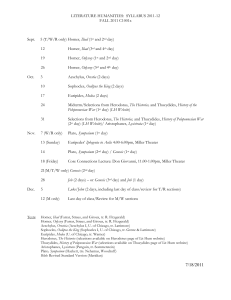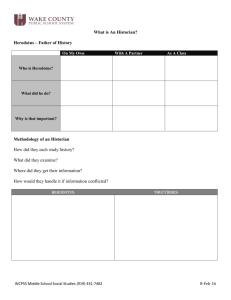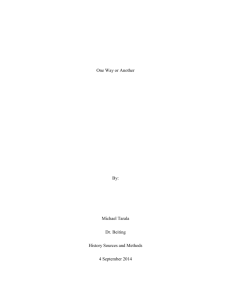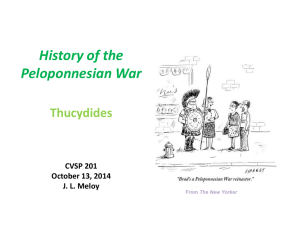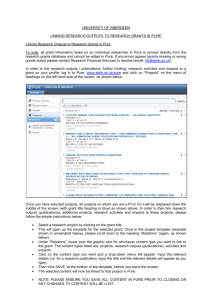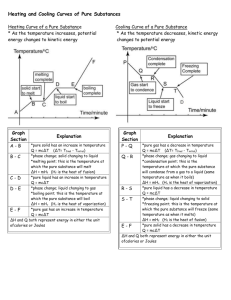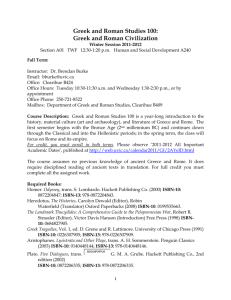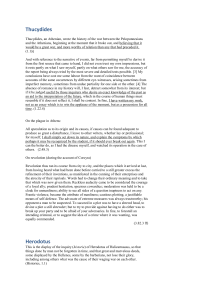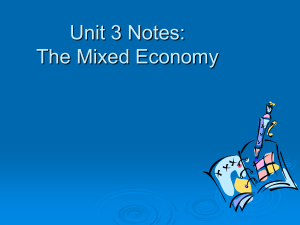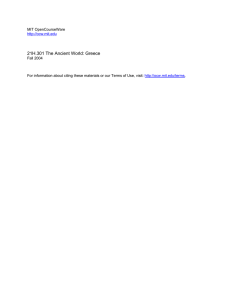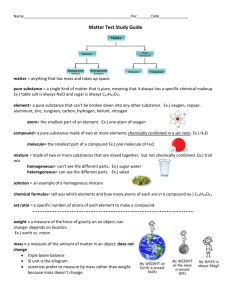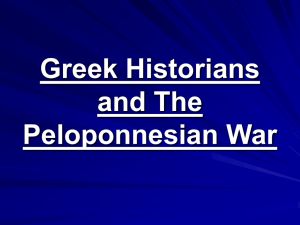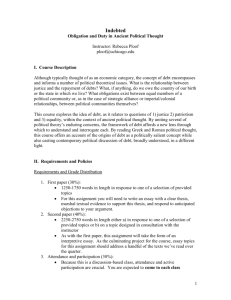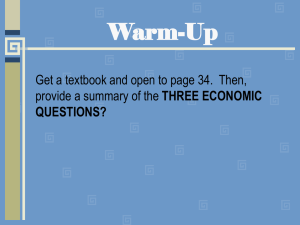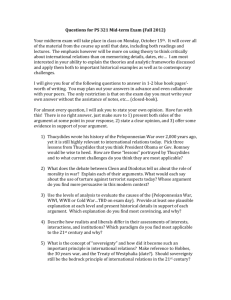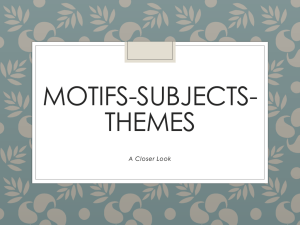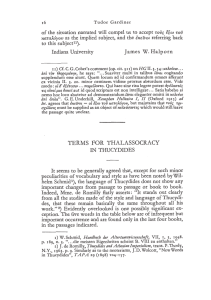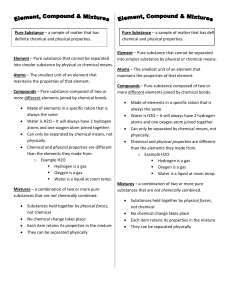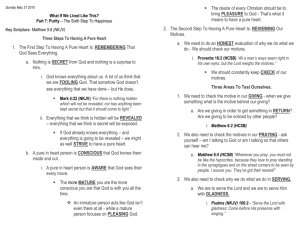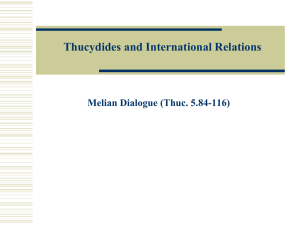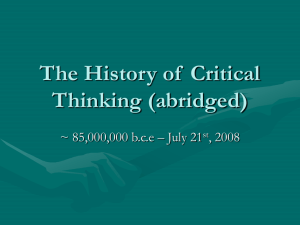Word ()
advertisement
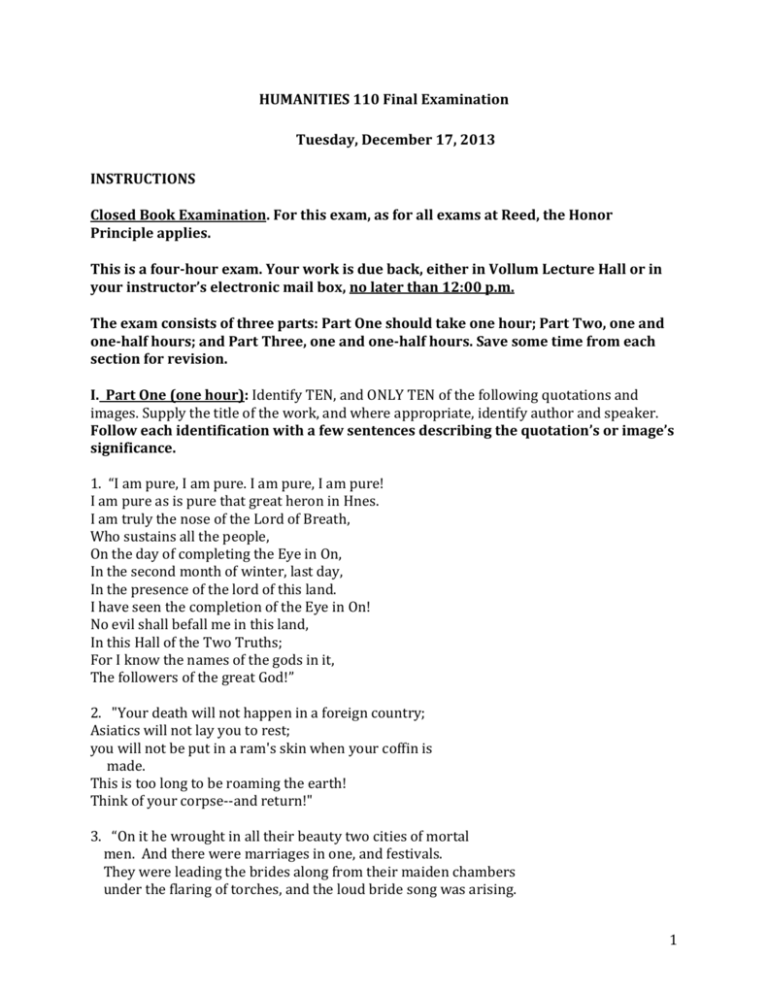
HUMANITIES 110 Final Examination Tuesday, December 17, 2013 INSTRUCTIONS Closed Book Examination. For this exam, as for all exams at Reed, the Honor Principle applies. This is a four-hour exam. Your work is due back, either in Vollum Lecture Hall or in your instructor’s electronic mail box, no later than 12:00 p.m. The exam consists of three parts: Part One should take one hour; Part Two, one and one-half hours; and Part Three, one and one-half hours. Save some time from each section for revision. I. Part One (one hour): Identify TEN, and ONLY TEN of the following quotations and images. Supply the title of the work, and where appropriate, identify author and speaker. Follow each identification with a few sentences describing the quotation’s or image’s significance. 1. “I am pure, I am pure. I am pure, I am pure! I am pure as is pure that great heron in Hnes. I am truly the nose of the Lord of Breath, Who sustains all the people, On the day of completing the Eye in On, In the second month of winter, last day, In the presence of the lord of this land. I have seen the completion of the Eye in On! No evil shall befall me in this land, In this Hall of the Two Truths; For I know the names of the gods in it, The followers of the great God!” 2. "Your death will not happen in a foreign country; Asiatics will not lay you to rest; you will not be put in a ram's skin when your coffin is made. This is too long to be roaming the earth! Think of your corpse--and return!" 3. “On it he wrought in all their beauty two cities of mortal men. And there were marriages in one, and festivals. They were leading the brides along from their maiden chambers under the flaring of torches, and the loud bride song was arising. 1 The young men followed the circles of the dance, and among them the flutes and lyres kept up their clamour as in the meantime the women standing each at the door of her court admired them.” 4. “‘A king does at least act consciously and deliberately; but the mob does not. Indeed how should it, when it has never been taught what is right and proper, and has no knowledge of its own about such things? The masses handle affairs without thought; all they can do is to rush blindly into politics like a river in flood. As for the people, then, let them govern Persia's enemies; but let us ourselves choose a certain number of the best men in the country, and give them political power. We personally shall be amongst them, and it is only natural to suppose that the best men will produce the best policy.’” 5. 6. “I loathe my life; I will give free utterance to my complaint; I will speak in the bitterness of my soul. I will say to God, Do not condemn me; let me know why you contend against me. Does it seem good to you to 2 oppress, to despise the work of your hands and favor the schemes of the wicked?” 7. "Some say a host of horsemen is the most beautiful thing on the black earth, some say a host of foot-soldiers, some, a fleet of ships; but I say it is whatever one loves." 8. “Hillbillies and bellies, poor excuses for shepherds: We know how to tell many believable lies, But also, when we want to, how to speak the plain truth.” 9. “The voice of the goose sounds forth as he's caught by the bait. Your love ensnares me. I can't let it go. I shall take home my nets, but what shall I tell my mother, to whom I return every day laden with lovely birds? I set no traps today, ensnared as I was by love.” 10. “All his body is matted with hair, he bears long tresses like those of a woman: the hair of his head grows thickly as barley, he knows not a people, or even a country.” 11. “Thus you shall say to the house of Jacob, and tell the Israelites: You have seen what I did to the Egyptians, and how I bore you on eagles’ wings and brought you to myself. Now therefore, if you obey my voice and keep my covenant, you shall be my treasured possession out of all the peoples.” 12. "Spoken like a man, my lady, loyal, full of self-command." 3 13. II. Part Two (one and one-half hours): Write an essay on ONE of the following topics: 1. Both Aeschylus's Oresteia and Thucydides's History of the Peloponnesian War represent conflict, not only through physical action but also through speeches aimed at persuasion. Compare both works in terms of what they have to say about the effectiveness and ethical value of speech. 2. Compare Thucydides’s notion of "human nature" to Herodotus's understanding of nomoi (customs). How does each concept relate to how the historians understand history? What is at stake in the differences between the two concepts? 3. Reflect on the following quotation from Thucydides’ History of the Peloponnesian War: "It will be enough for me, however, if these words of mine are judged useful by those who want to understand clearly the events which happened in the past and which (human nature being what it is) will, at some time or other and in much the same ways, be repeated in the future" (1.22). Does Thucydides expect us to repeat the same mistakes? If so, why is understanding history useful? 4 III. Part Three (one and one-half hours): Write an essay on ONE of the following topics: 1. Homer looms large in Greek culture. Compare and contrast how three of the following authors pay homage to and/or argue with Homer: Hesiod, one of the Greek lyric poets, Aeschylus, Herodotus. 2. Compare and contrast the relationship between the foreign and the native in three of the following: Gilgamesh, Exodus, Tale of Sinuhe, one of the Persian monuments, Herodotus’s Histories. 3. Choose any lecture from this past semester and, using a combination of texts both referenced in the lecture and not explicitly referenced there, disagree with it. 5
